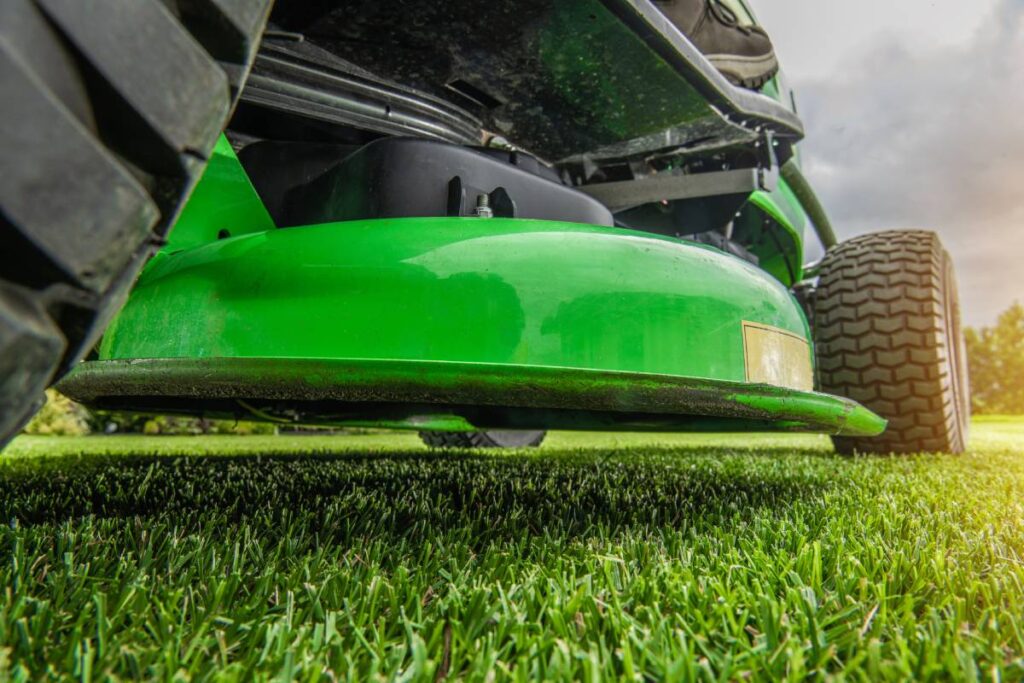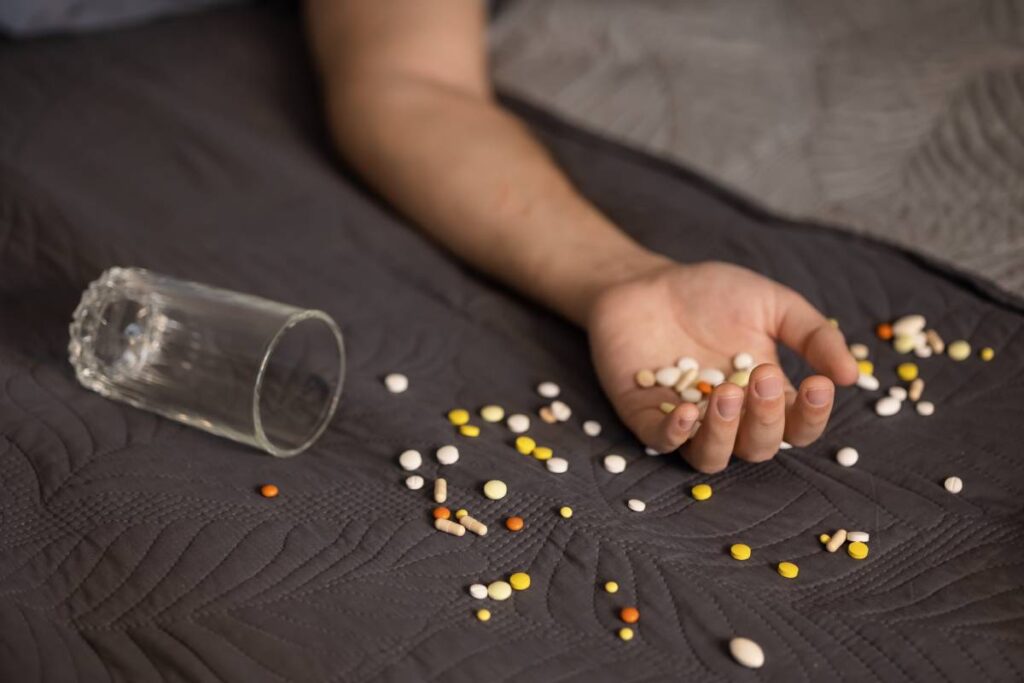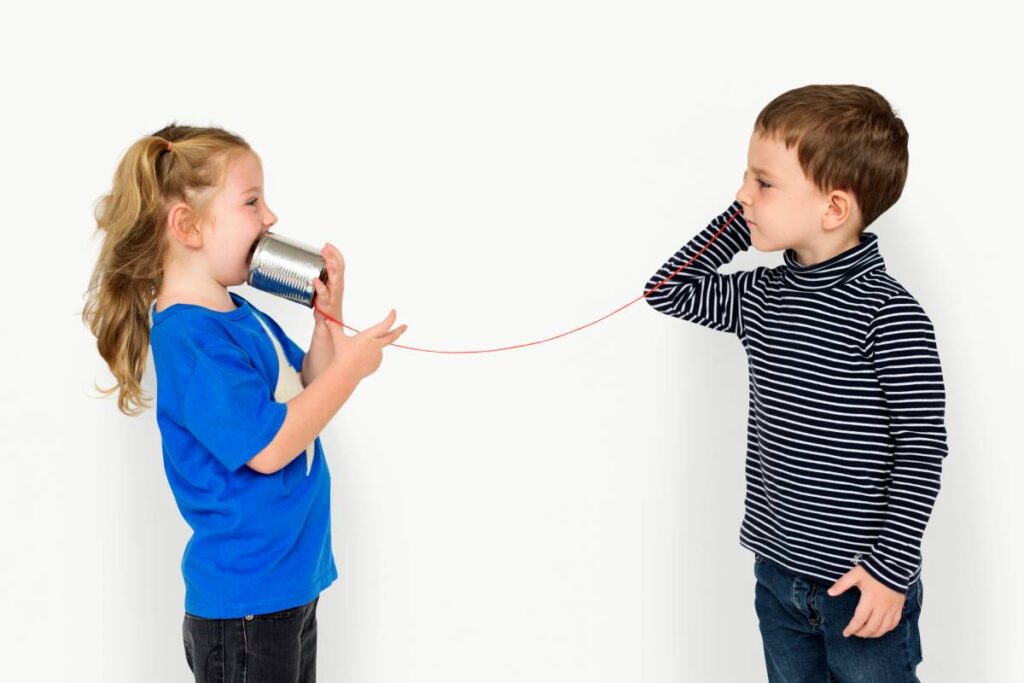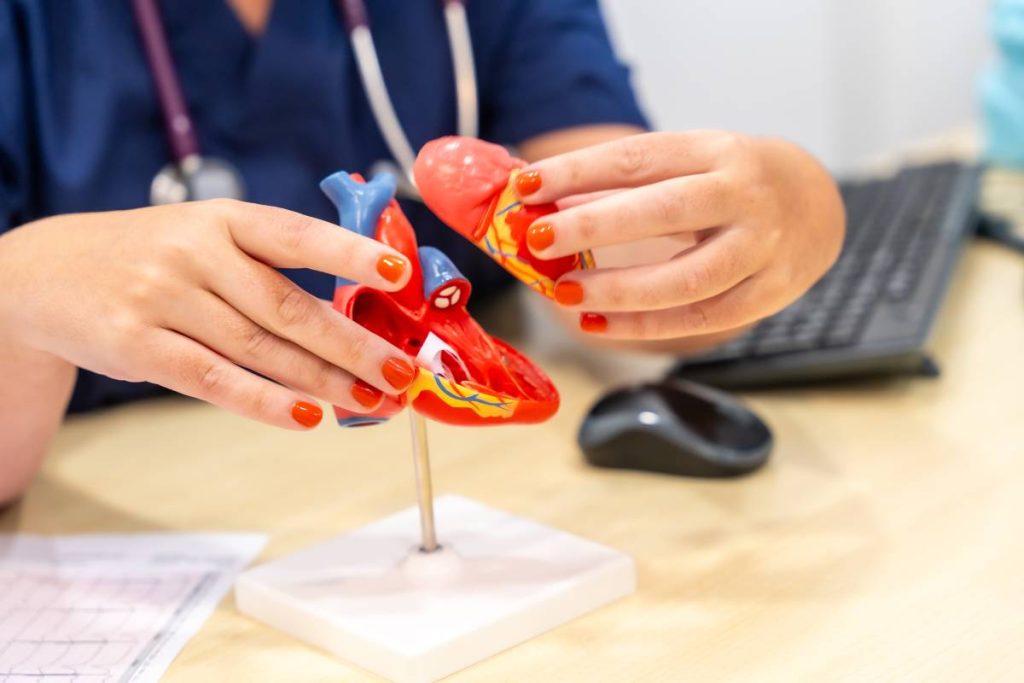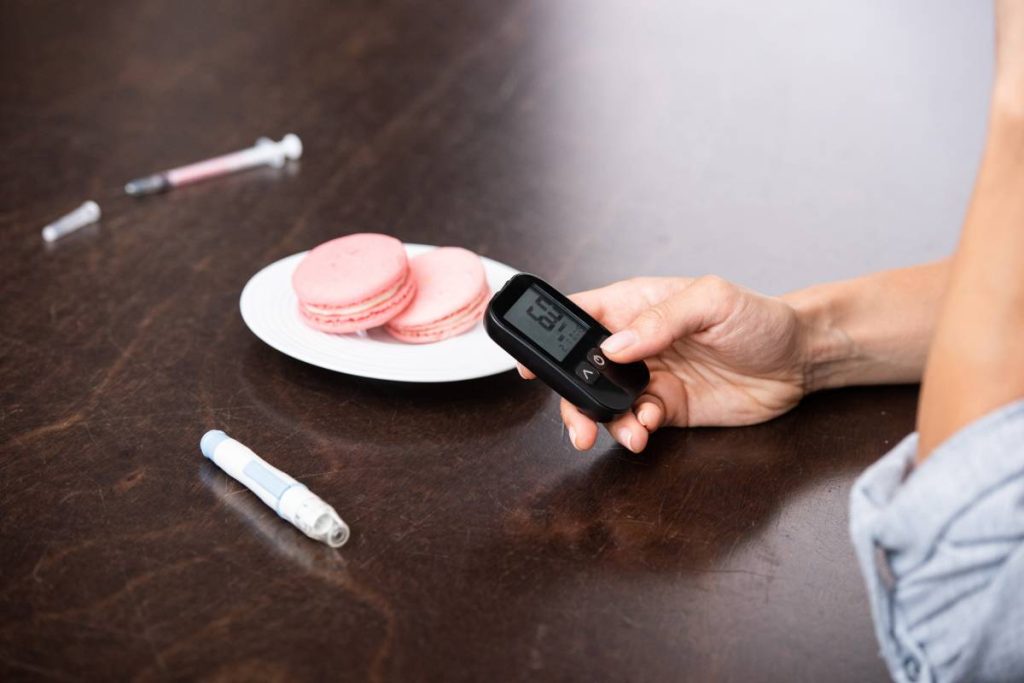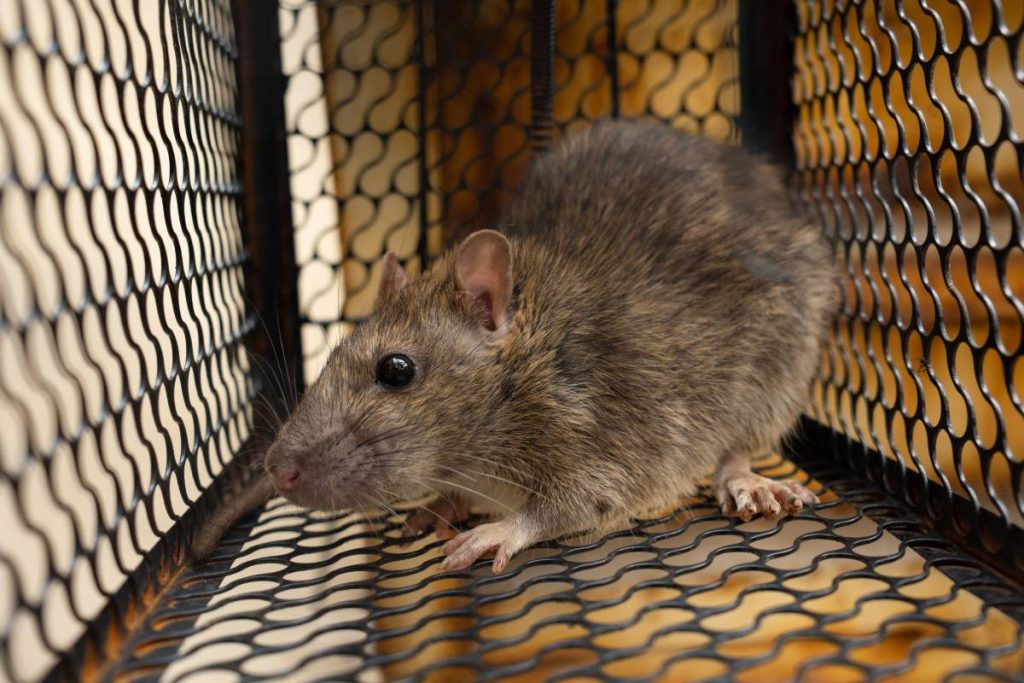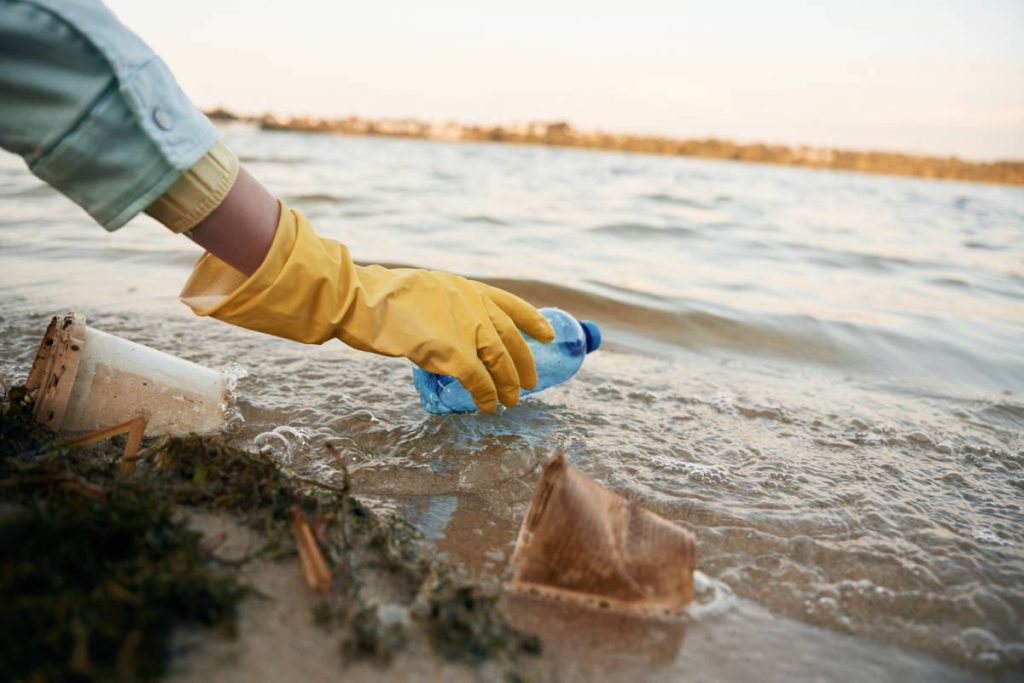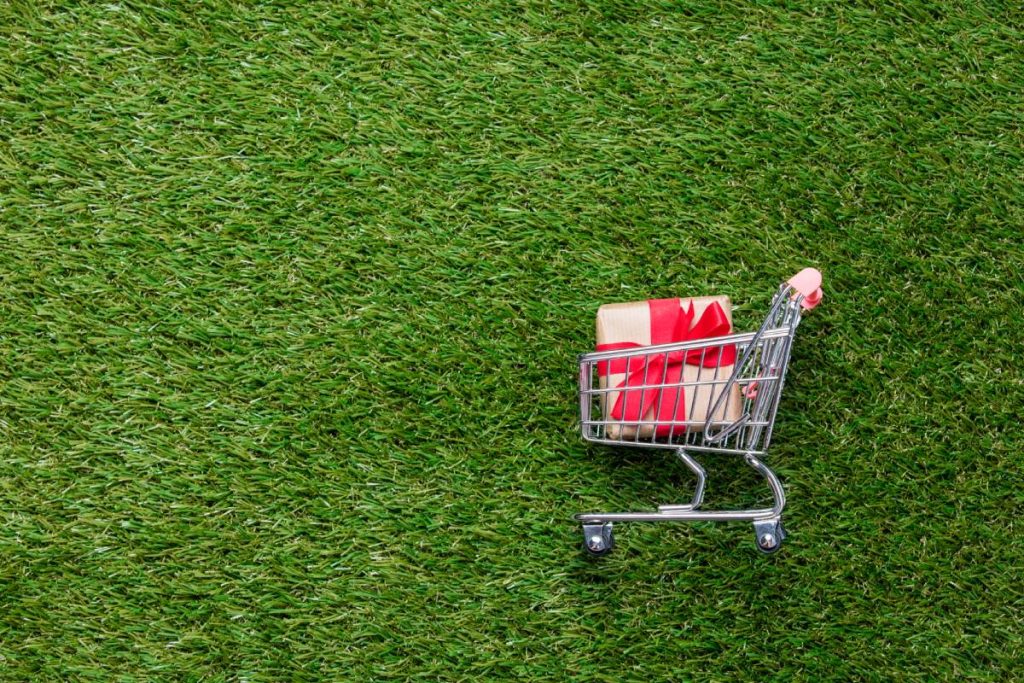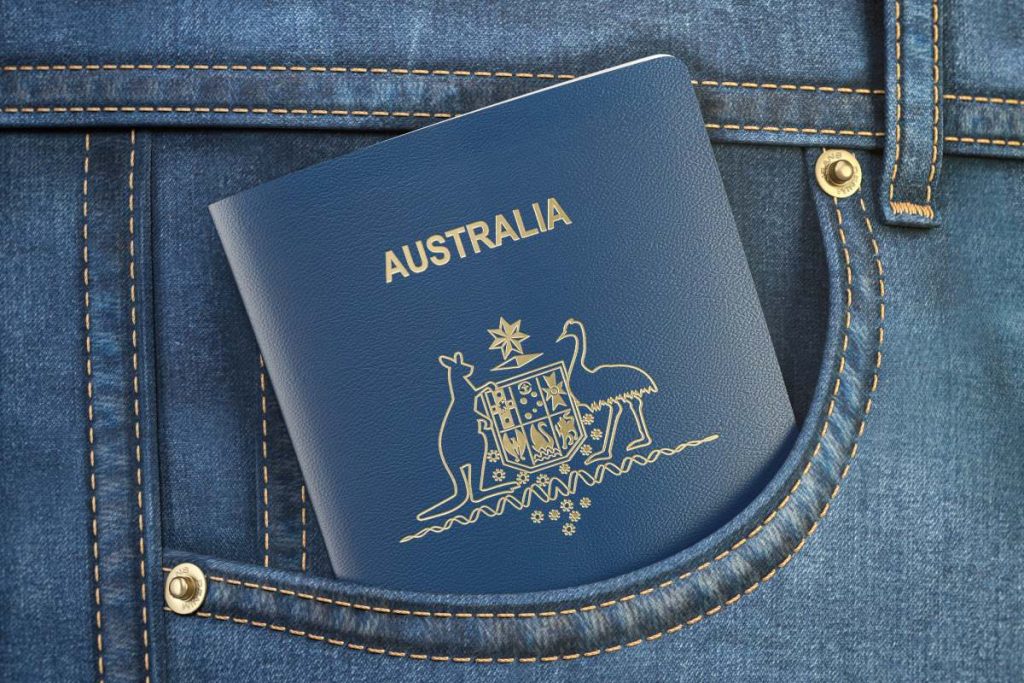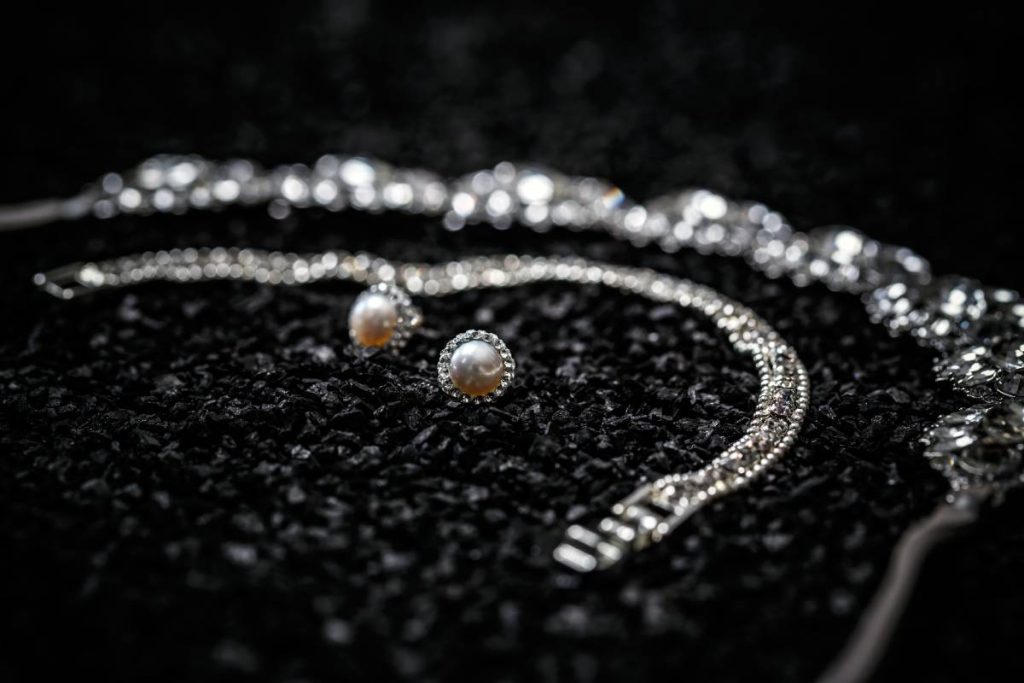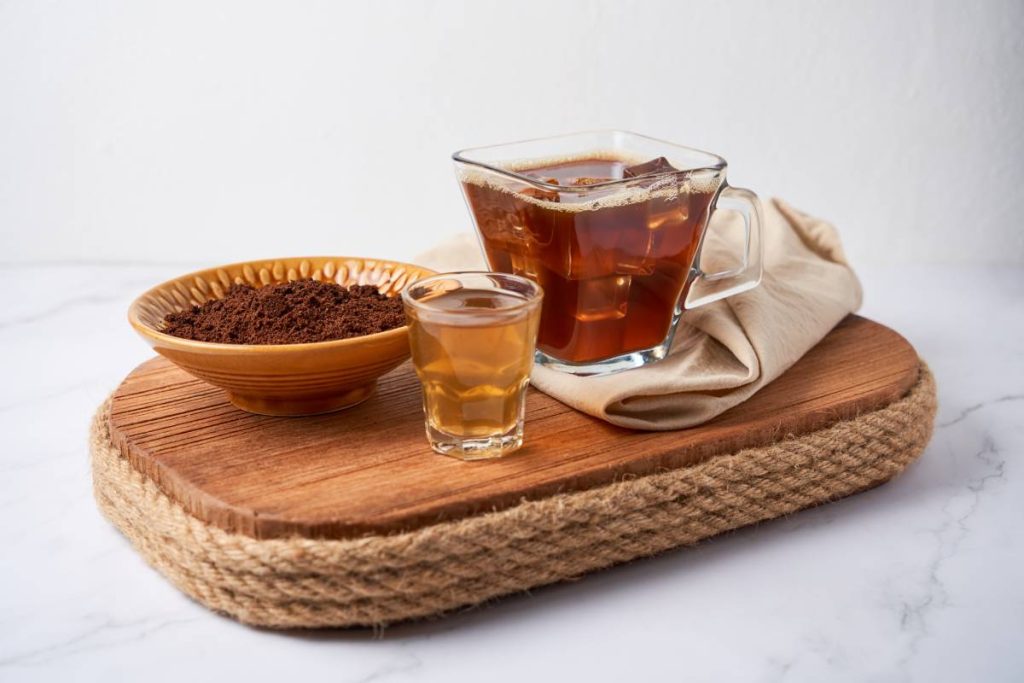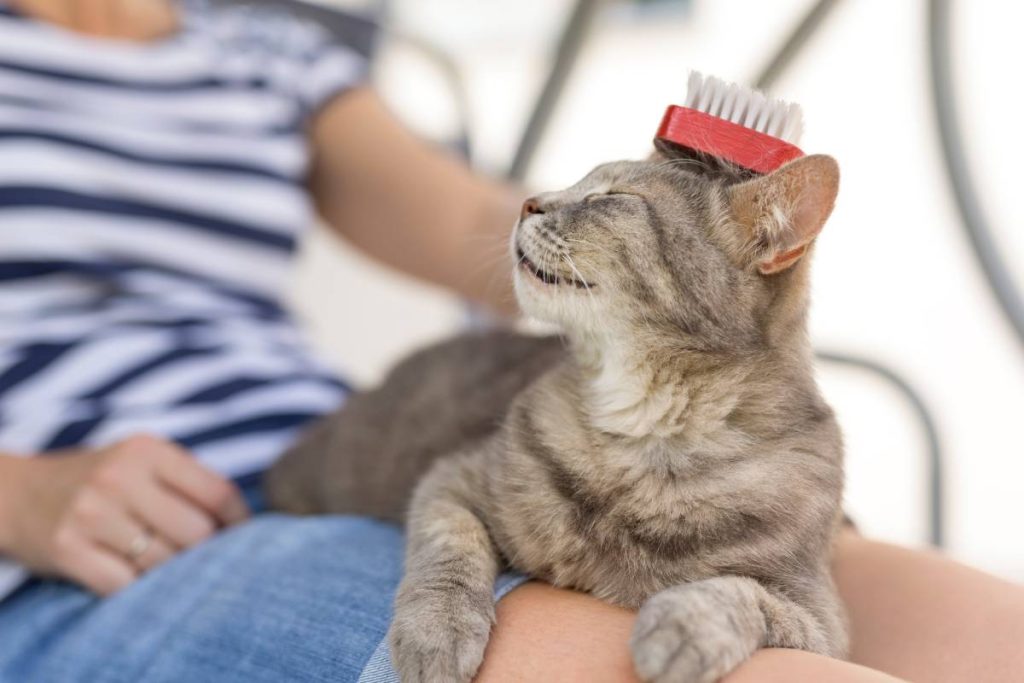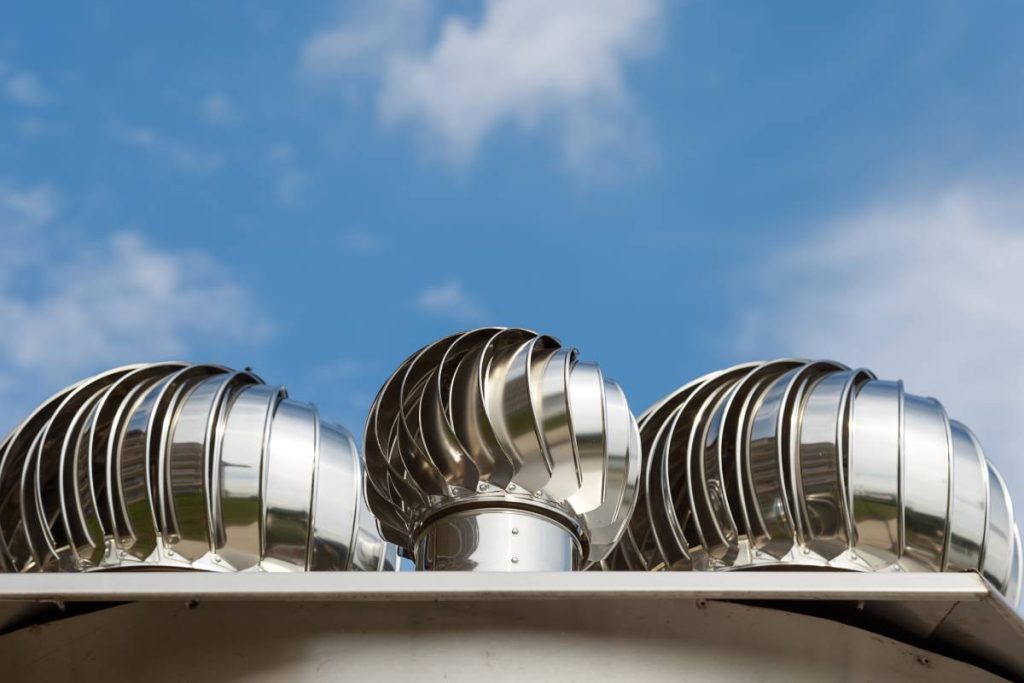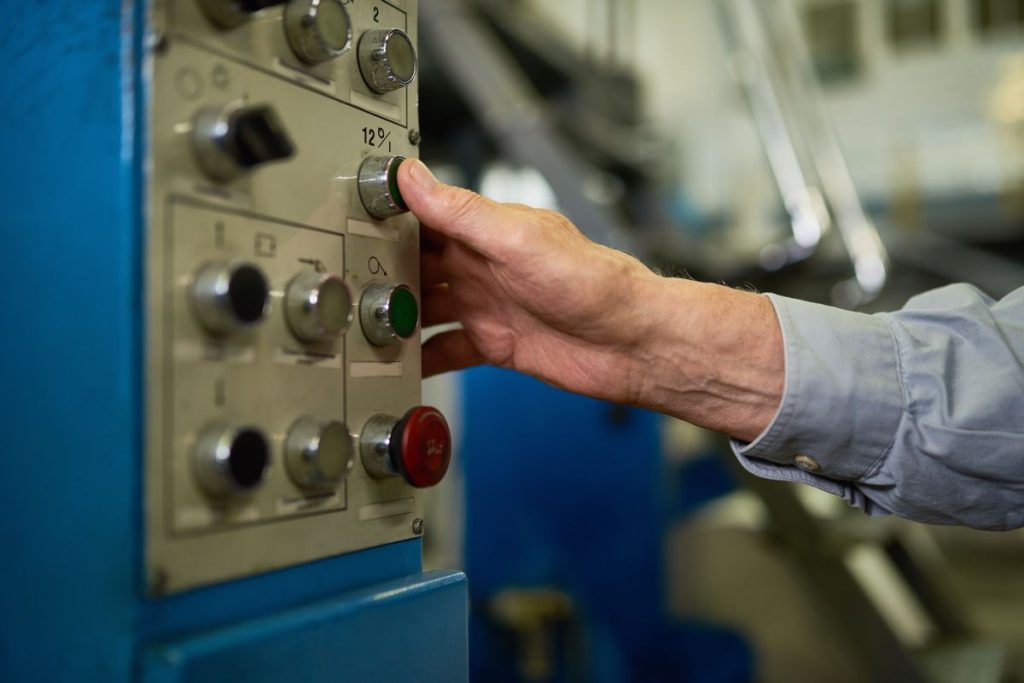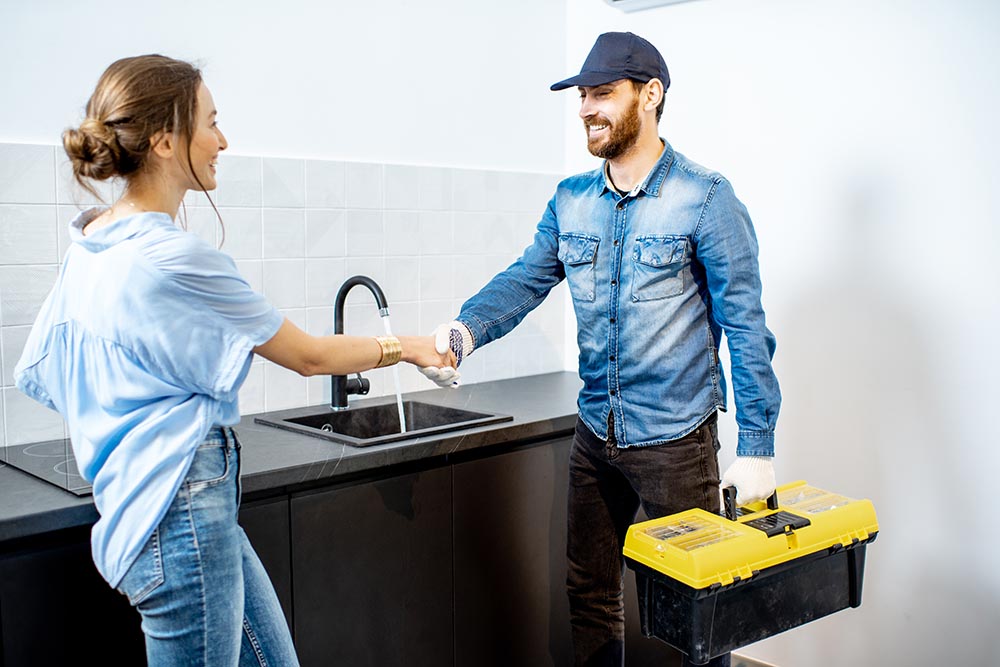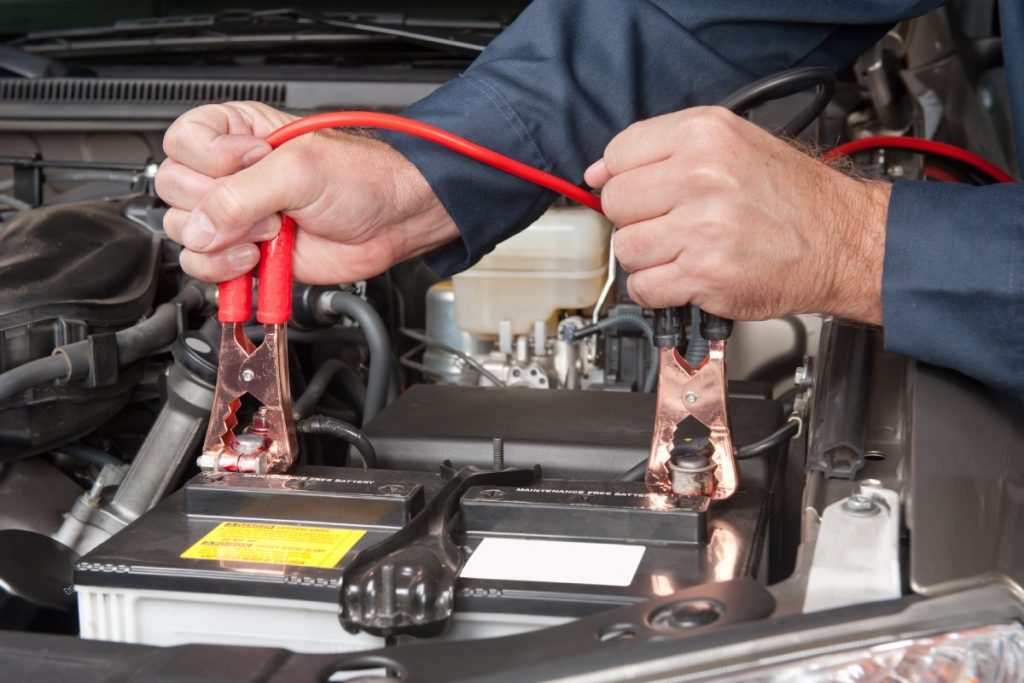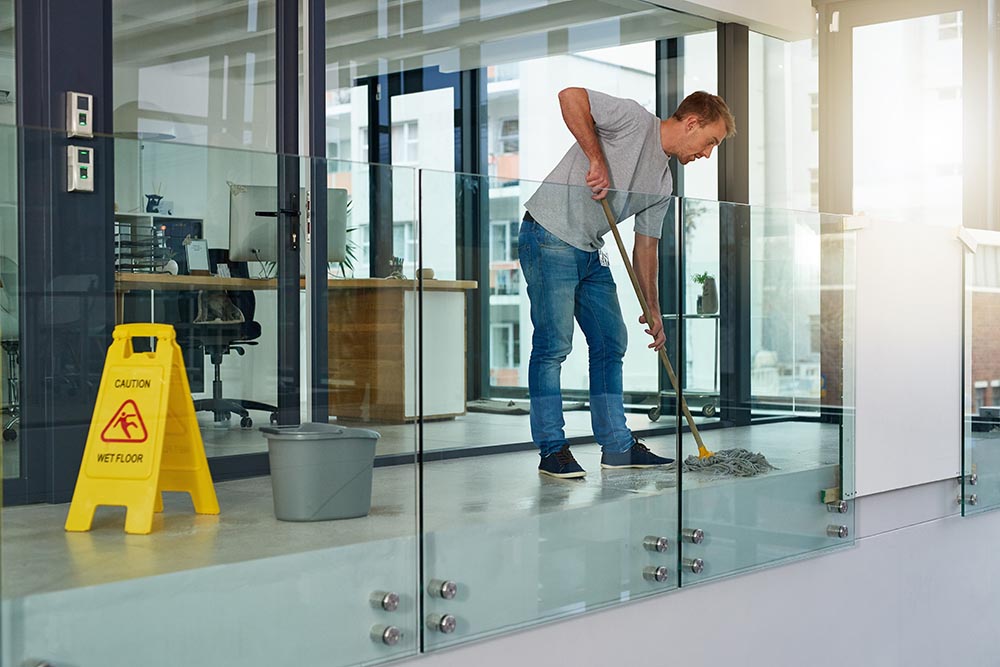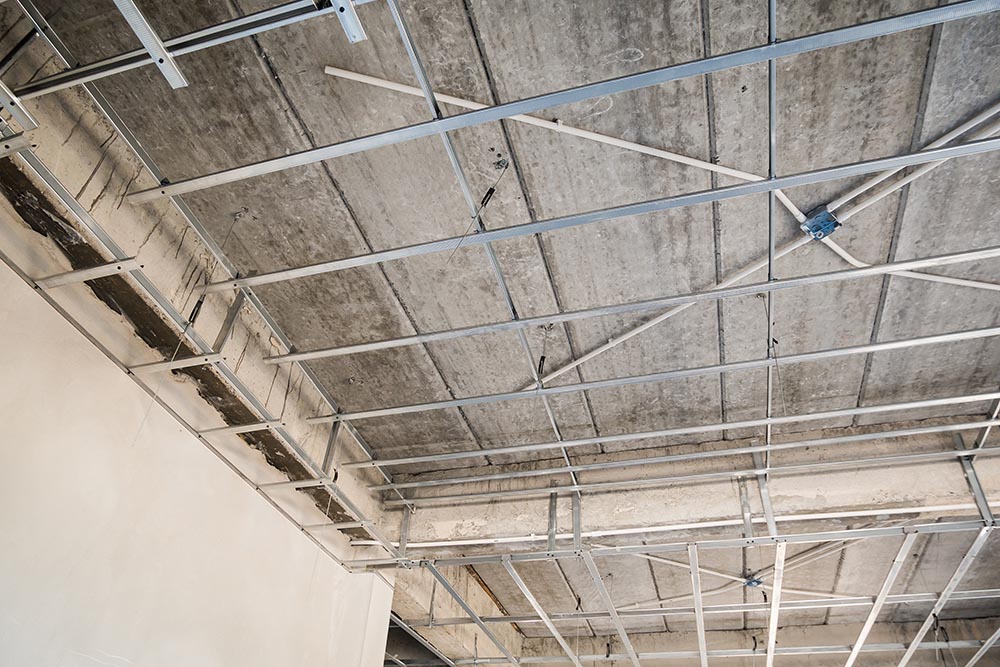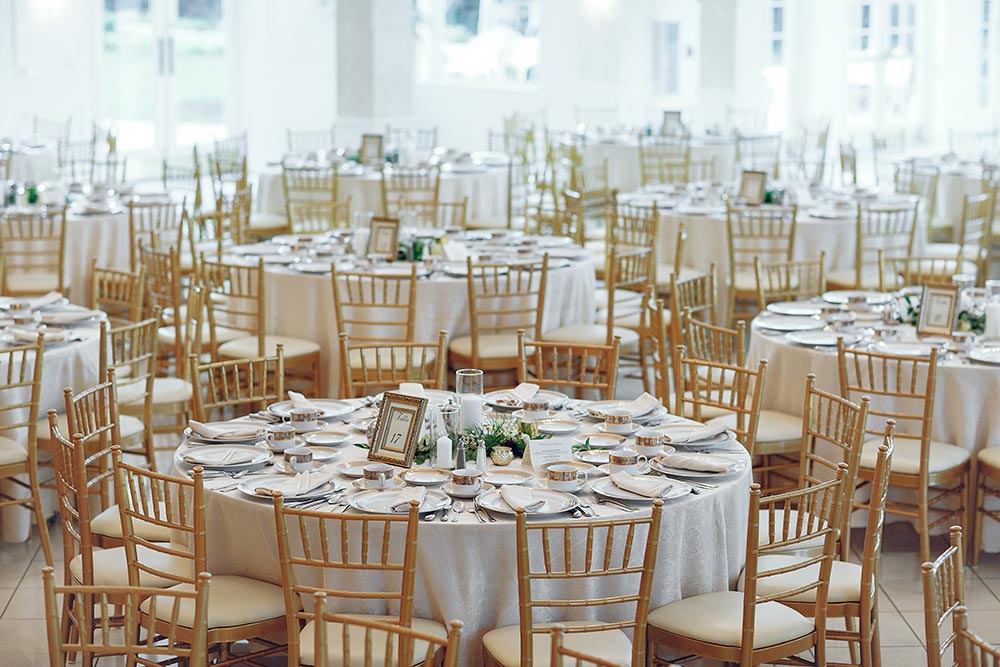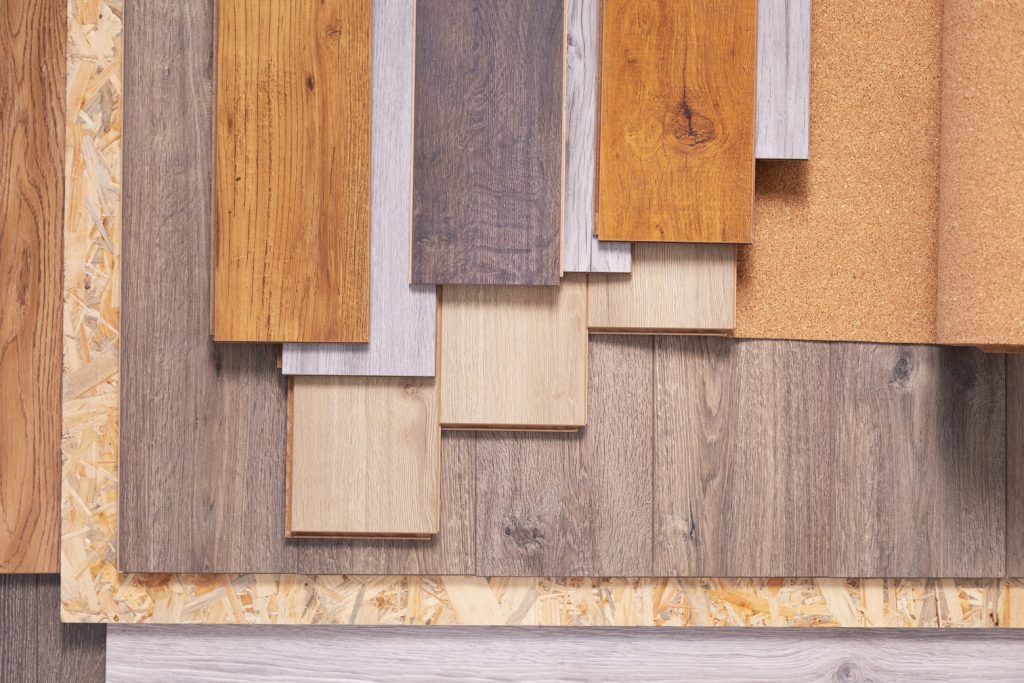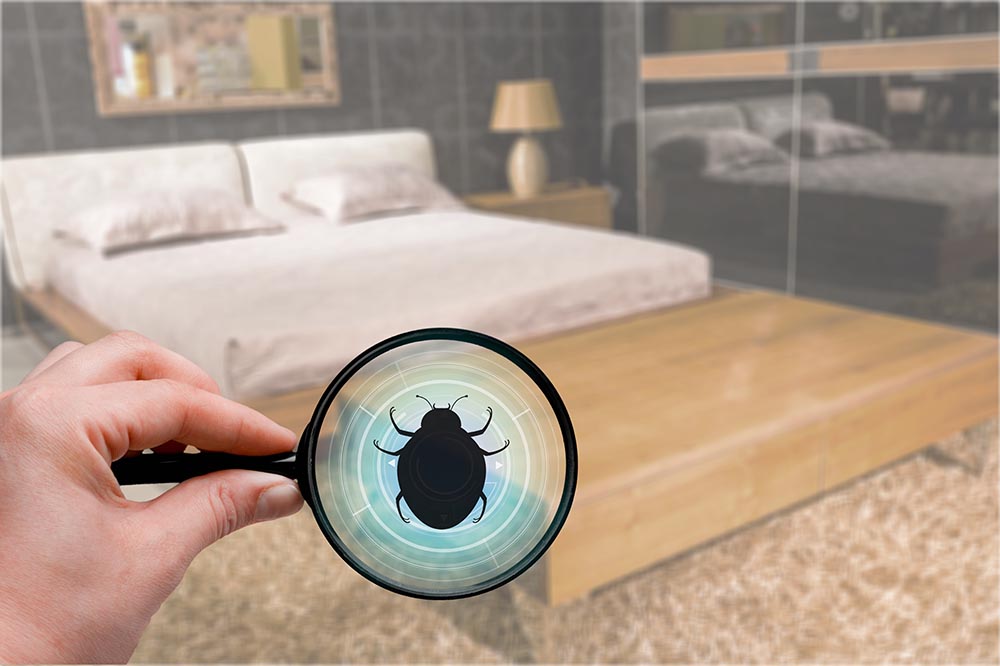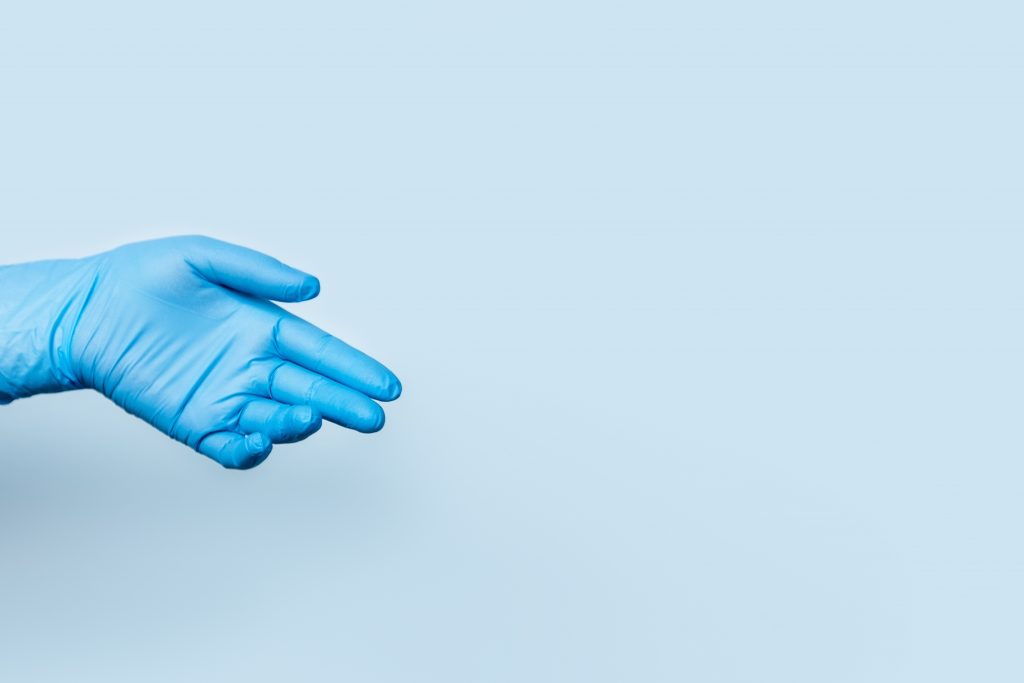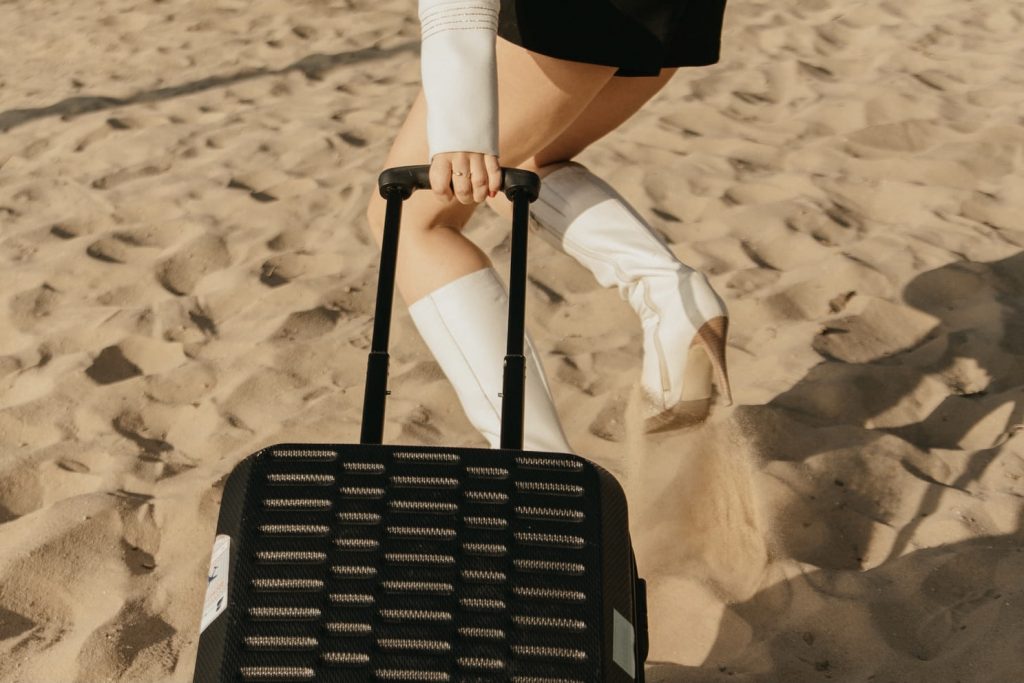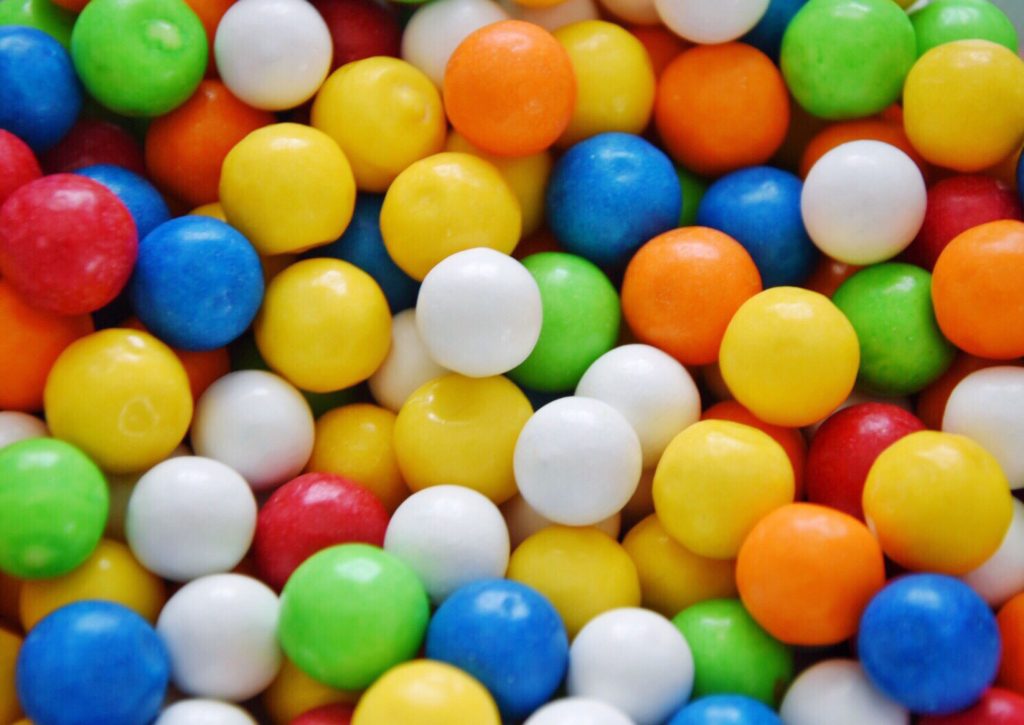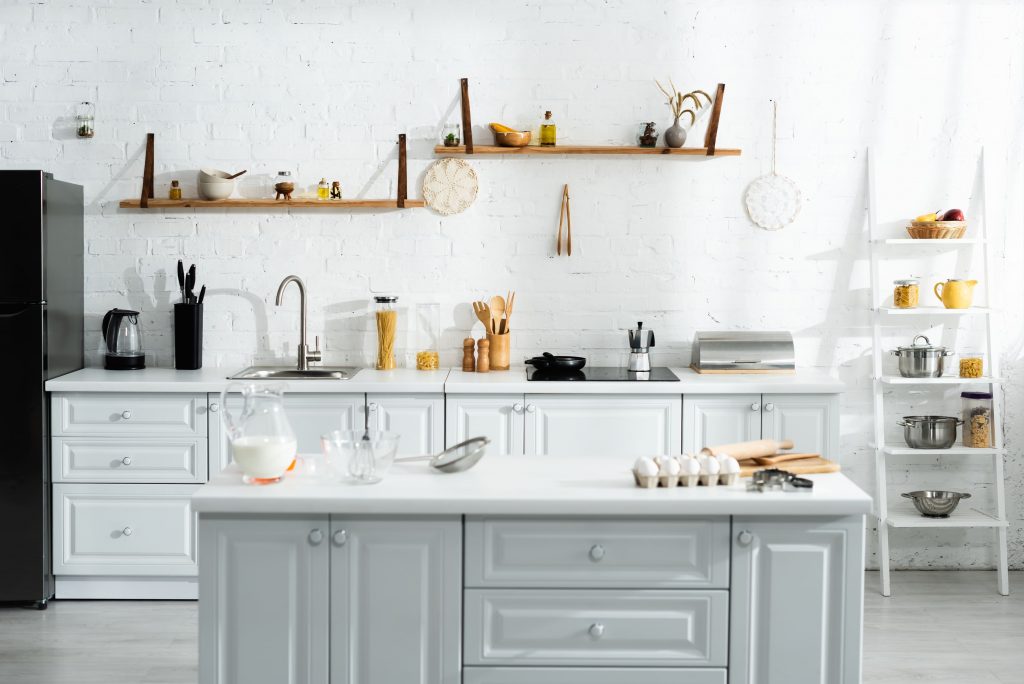What do professionals clean silver with? What should you not clean silver with? How can you keep the silver shiny?
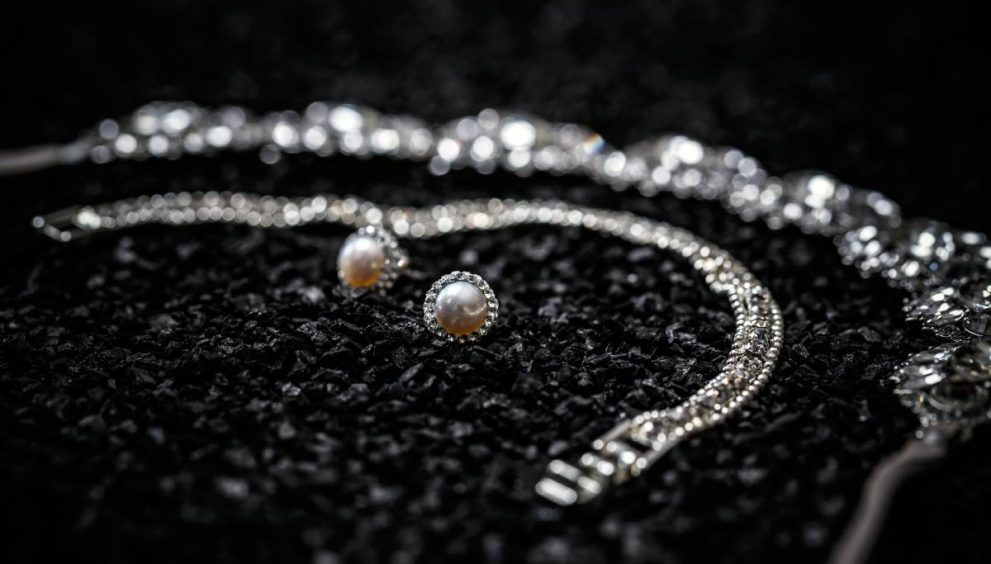
Silver, with its timeless allure and distinctive lustre, has long been cherished for its aesthetic appeal. Whether adorning your dining table, enhancing your jewellery collection, or gracing your home with elegance, silver requires meticulous care to preserve its shine.
To maintain the brilliance of this precious metal, professionals advocate for specific cleaning methods, careful storage, and mindful practices. In this exploration, we delve into the art of cleaning silver, identify what substances to avoid, and discover effective strategies for keeping silver perpetually radiant.
What do professionals clean silver with?
Cleaning silver is a delicate process that requires special attention to preserve the metal’s integrity. Professionals often employ various methods to ensure effective cleaning without causing damage. Here are some detailed approaches used by experts in the field:
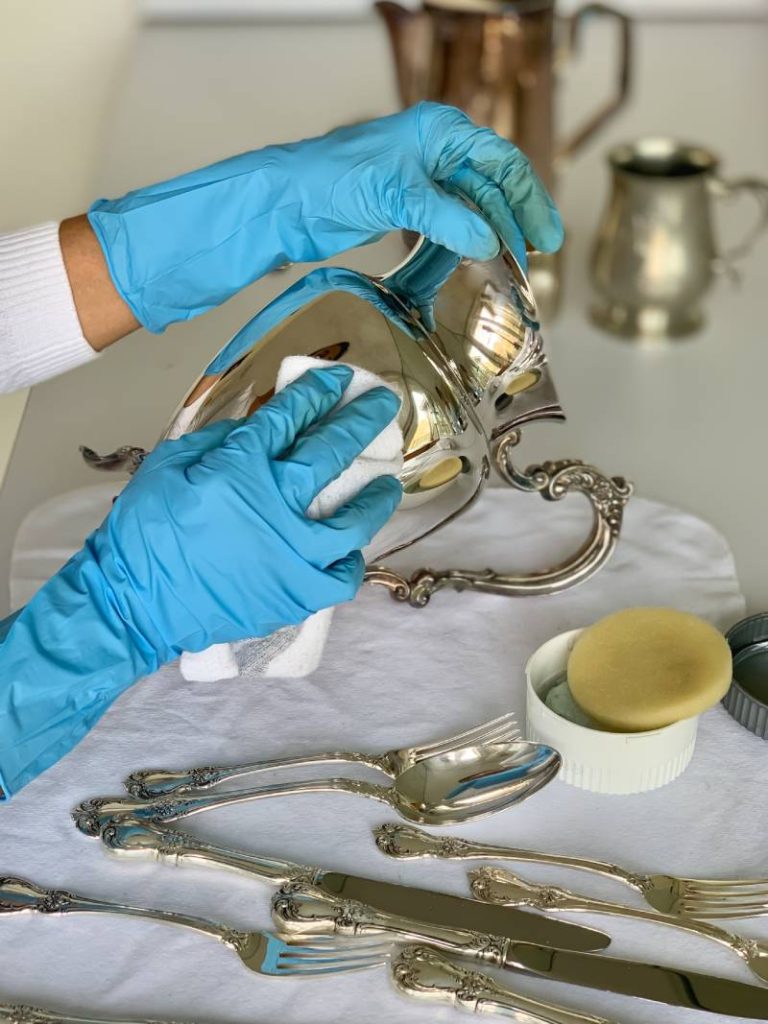
- Silver Polish:
- Silver polish is a tried-and-true method specifically formulated for silver cleaning. It is available in different forms such as creams, liquids, or wipes.
- To use silver polish, apply a small amount to a soft cloth or sponge, following the instructions provided by the product.
- Gently rub the silver item, paying close attention to tarnished areas. This method is effective for routine maintenance and polishing.
- Baking Soda and Aluminum Foil:
- Create a simple yet effective cleaning solution by lining a bowl with aluminium foil, adding a couple of teaspoons of baking soda, and filling the bowl with warm water.
- Immerse the silver items in the solution, ensuring they come into contact with the aluminium foil.
- Allow the silver to soak for a few minutes before using a soft cloth to rub away the tarnish. This method is particularly useful for removing light tarnishes.
- Toothpaste:
- Non-abrasive and non-gel toothpaste can be used as an alternative silver cleaner.
- Apply a small amount of toothpaste to a soft cloth or sponge and gently rub the silver. Rinse thoroughly and dry the item afterwards.
- Vinegar and Baking Soda:
- Create a homemade cleaning solution by mixing 1/2 cup of white vinegar with 2 tablespoons of baking soda.
- Allow the silver items to soak in the solution for a couple of hours. After soaking, rinse and dry the silver, and polish if necessary.
- Commercial Silver Dips:
- Silver dips are liquid solutions designed for quick tarnish removal. Professionals use them with caution, following the product instructions.
- It’s important to note that silver dips may not be suitable for all silver items, especially those with porous materials, gemstones, or oxidized finishes.
- Professional Ultrasonic Cleaners:
- In some cases, professionals utilize ultrasonic cleaners designed specifically for jewellery and silverware.
- Ultrasonic cleaners use high-frequency sound waves and a cleaning solution to remove dirt and tarnish from intricate silver pieces.
When cleaning silver, it’s crucial to follow care instructions provided by manufacturers and be aware of the specific needs of your silver items. If uncertainty arises, seeking advice from a professional silver conservator or jeweller is advisable, especially for valuable or antique pieces where the preservation of patina and value is essential.
What should you not clean silver with?
Cleaning silver requires caution to avoid damaging the metal or compromising its value, especially for antique or valuable pieces. There are certain substances and methods that should be avoided when cleaning silver:
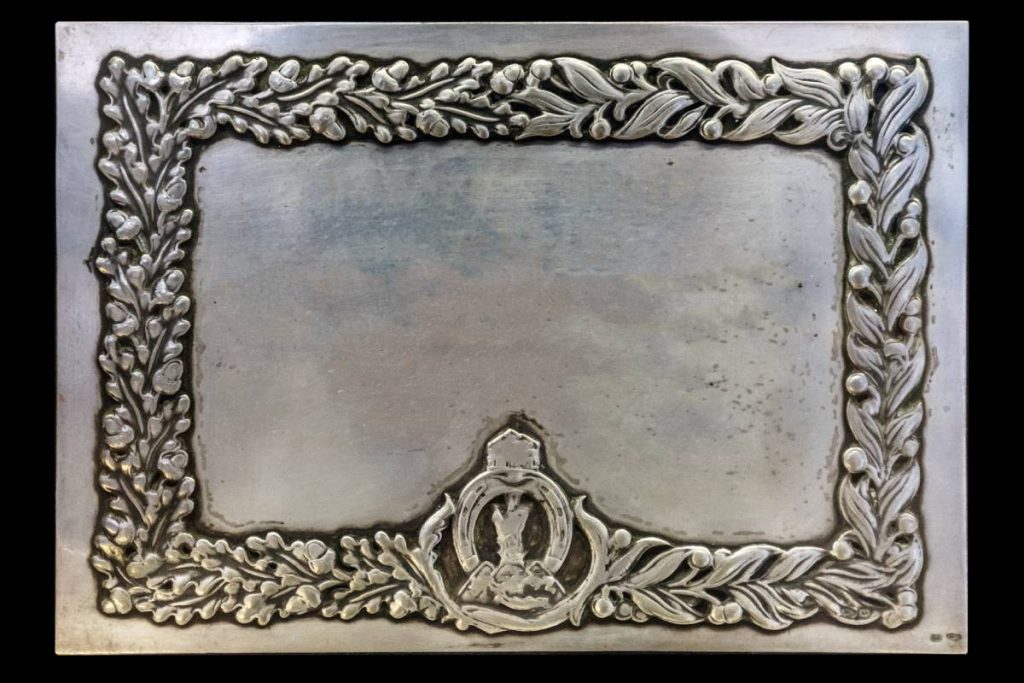
- Avoid Harsh Chemicals:
- Harsh chemicals such as bleach, ammonia, and other strong cleaning agents should be avoided. These substances can cause tarnishing, corrosion, or even irreversible damage to the silver.
- Say No to Abrasive Materials:
- Abrasive materials like steel wool or abrasive scouring pads can scratch and mar the surface of silver. These scratches not only affect the appearance but also make the silver more susceptible to tarnish.
- Stay Away from Dishwashers:
- Silver items should not be cleaned in dishwashers. The harsh detergents and intense heat can lead to discolouration, tarnishing, and potential damage. Handwashing with mild soap and water is a safer alternative.
- Avoid Salt:
- While salt can be effective for cleaning many items, it’s not suitable for silver. Salt can contribute to tarnishing and corrosion, especially when combined with other substances.
- Keep Away from Tap Water:
- Water, especially tap water, can contain minerals and impurities that contribute to tarnishing. It’s essential to use distilled or filtered water when cleaning silver to minimize the risk of additional tarnish.
- Avoid Over-the-Counter Silver Cleaners for Antique or Valuable Pieces:
- Over-the-counter silver cleaners, while effective for routine cleaning, may not be suitable for antique or valuable silver pieces. They can strip away the patina, which may affect the item’s historical or aesthetic value.
- Avoid Ultrasonic Cleaners for Certain Items:
- While ultrasonic cleaners can be effective for cleaning silver, they may not be suitable for items with gemstones, delicate engravings, or intricate details. The vibrations can potentially damage these elements.
- Steer Clear of Homemade Cleaners with Unknown Ingredients:
- Some DIY cleaning solutions involving household items may have unintended consequences on silver. It’s crucial to avoid using homemade cleaners with unknown ingredients, as they might be too harsh or reactive.
- Exercise Caution with Commercial Silver Dips:
- While commercial silver dips can be convenient, they are not suitable for all silver items. Items with gemstones, delicate details, or certain finishes may be negatively affected. Always read and follow the product instructions carefully.
- Avoid Prolonged Soaking:
- Prolonged soaking, especially in solutions containing harsh chemicals, can be detrimental to silver. It’s advisable to follow the recommended soaking times and promptly rinse and dry the silver afterwards.
How can you keep the silver shiny?
Keeping silver shiny involves a few simple steps and regular care to prevent tarnish and maintain its lustre. Here’s a user-friendly guide on how to keep your silver items gleaming:
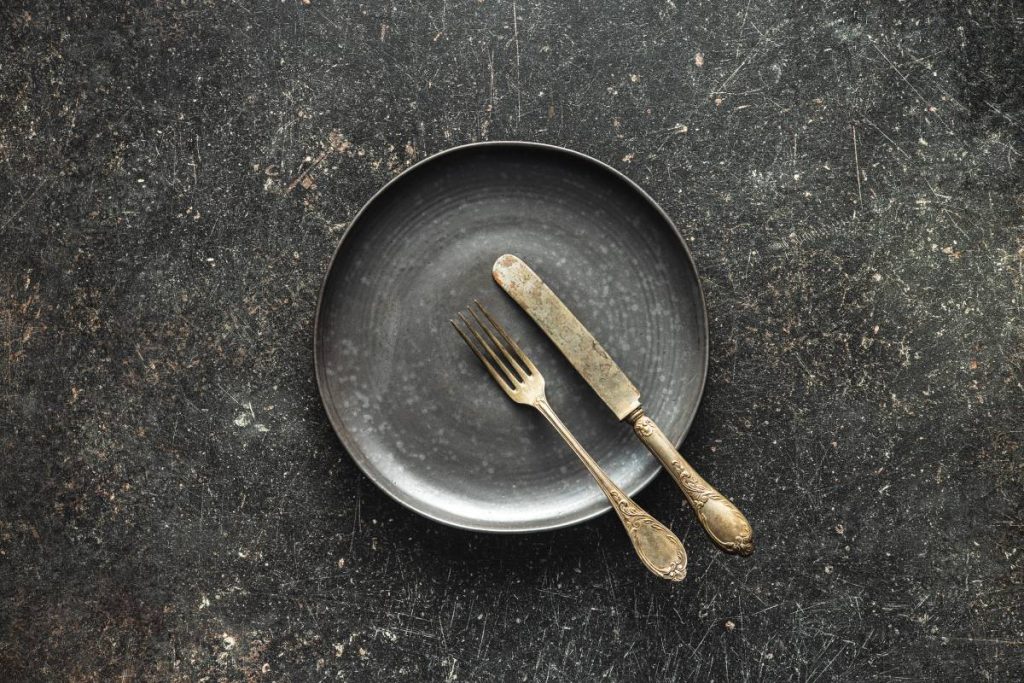
- Frequent Use and Gentle Cleaning:
- Use your silver items regularly. The natural oils in your skin can help prevent tarnish. Gentle cleaning after use with a soft cloth can remove any fingerprints or light residues.
- Store Properly:
- Store silver in a cool, dry place away from direct sunlight. Air-tight storage bags or anti-tarnish cloths can also help prevent tarnishing.
- Avoid Harsh Chemicals:
- Steer clear of harsh chemicals like bleach and ammonia. These can harm the silver and lead to tarnishing. Stick to mild soap and water for cleaning.
- Regular Dusting:
- Dust your silver items regularly with a soft, lint-free cloth. This helps prevent the buildup of dirt and grime that can contribute to tarnish.
- Avoid Rubber:
- Rubber can contain sulfur compounds that accelerate tarnishing. Keep silver away from rubber bands or any materials containing sulfur.
- Use Silica Gel Packs:
- Place silica gel packs in your storage area. These packs help absorb moisture, which can contribute to tarnish. Remember those little packets you find in new shoes? They’re silica gel!
- Polish with Care:
- When tarnish does appear, use a silver polish designed for the job. Apply a small amount to a soft cloth and gently polish the silver. Be sure to follow the product’s instructions.
- Baking Soda and Aluminum Foil Method:
- For a DIY approach, create a simple solution with baking soda and aluminium foil. Line a bowl with foil, add baking soda, and fill it with warm water. Let your silver soak for a few minutes, then gently rub away tarnish with a soft cloth.
- Regular Inspections:
- Periodically inspect your silver items for tarnish or any signs of damage. Catching issues early allows for easier cleaning and prevents more significant problems.
- Use Anti-Tarnish Strips:
- Consider placing anti-tarnish strips in your storage area or display cases. These strips absorb tarnish-causing gases, helping to keep your silver shiny.
- Avoid Dishwashers:
- Never toss your silver items in the dishwasher. The harsh detergents and high temperatures can damage the silver. Stick to gentle handwashing with mild soap and water.
- Rotate Display Items:
- If you have silver items on display, consider rotating them periodically. This ensures even exposure to light and air, preventing uneven tarnishing.
- Professional Cleaning:
- For valuable or intricate pieces, consult with a professional before attempting to clean them. Some items may require specialized care to preserve their unique features.
- Be Mindful of Gemstones:
- If your silver item includes gemstones, be cautious with cleaning methods. Some cleaning solutions may harm certain gemstones, so it’s essential to check and follow specific care guidelines.
In conclusion
Maintaining the shine and beauty of silver involves a combination of thoughtful practices and proper cleaning techniques. Professionals often recommend using specialized silver polish, gentle DIY methods like baking soda and aluminium foil, and avoiding harsh chemicals or abrasive materials. It’s crucial to be mindful of storage conditions, regular inspections, and proactive care to prevent tarnishing.
Whether you’re cleaning everyday silverware or preserving valuable heirlooms, following these guidelines can help you enjoy your silver items for years to come. Additionally, when in doubt, seeking advice from professionals, especially for antique or intricate pieces, ensures that your silver receives the care it deserves.

 English
English 


